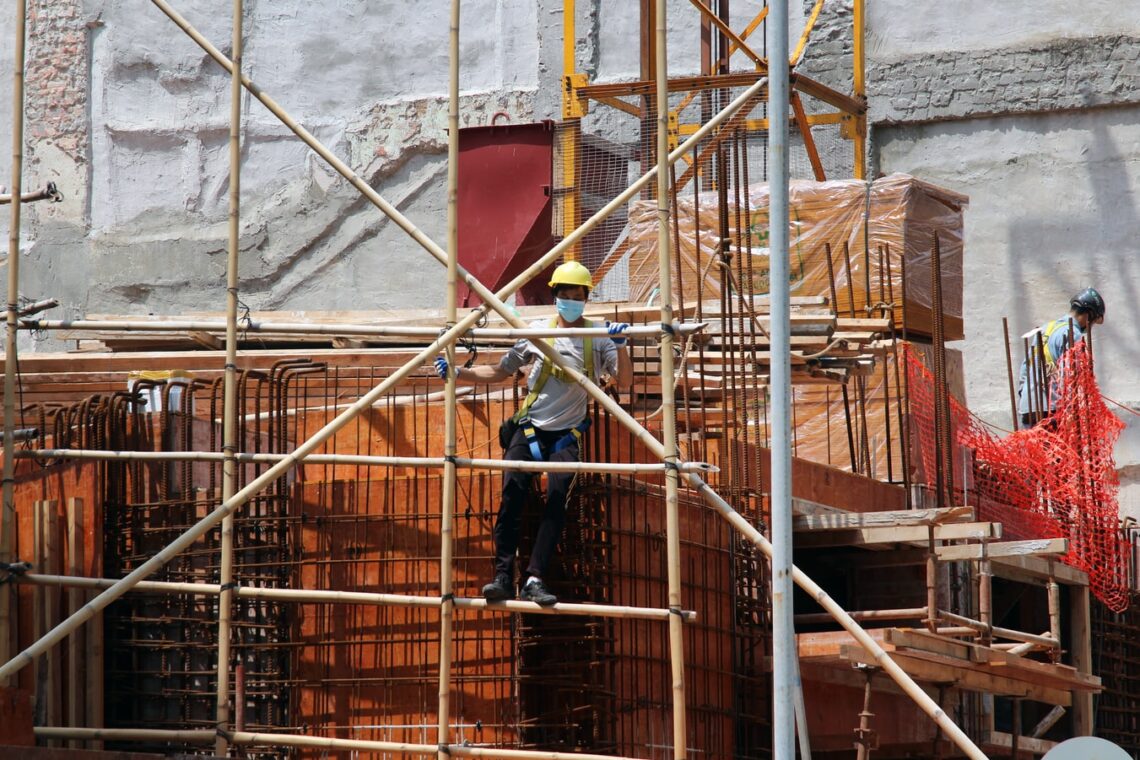
Every area of law has its defining characteristics. Arguably, one of the central characteristics of construction lien law is its strictly-enforced limitation periods. In order to receive protection and security under the Construction Act, formerly the Construction Lien Act (the “Act”), every claimant must comply with particular time periods enumerated in the Act. Namely, a lien must be preserved, perfected, served, and set down for trial within a precise amount of time[1], failing which a lien claimant may lose their rights under the Act.
Last year, at the beginning of the COVID-19 global pandemic, the Ontario legislature issued the Emergency Management and Civil Protection Act, which effectively froze most limitation periods and deadlines in Ontario starting from March 16, 2020. While the limitation freeze was lifted for matters relating to ordinary proceedings on September 16, 2020, this freeze was lifted earlier as at April 16, 2020 for matters proceeding under the Act.[2]
As a result of this limitation freeze, there was a brief period of confusion, lack of clarity, and general disarray in the construction industry. Claimants did not know when and how to secure their lien rights and whether the freeze would negatively affect their rights. Those claimants that were conservative and cautious continued abiding by the limitation periods irrespective of the freeze. Some claimants decided to gamble and rely upon the freeze prior to complying with these deadlines. This same confusion resurfaced during the December 2020 lockdown, although no limitation freezes were enacted at that time.
We are now in a twilight zone of construction lien litigation. The confusion surrounding limitation periods resulted in many claimants losing their rights and being put in a position where they are forced to argue for exceptions to revive same. While there has not been too much guidance from the legislature on this point, the Courts have tried to provide some direction as to how they would treat the lack of strict compliance with the otherwise truncated limitation periods in the Act.
The Court’s Treatment of Issues Concerning Limitation Periods and COVID-19
As of this week, there are two published cases relating to construction limitation periods and the COVID-19 pandemic.
The Courts Will Not Outright Punish Confusion
In October 2020, the Honourable Justice Conlan released his decision in relation to a motion for costs brought in the Encompass Construction Ltd. v. 2503147 Ontario Inc. matter. Earlier in 2020, the Defendant 2503147 Ontario Inc. (“250 Ontario”) succeeded in discharging the Plaintiff’s construction lien on the grounds that the Plaintiff failed to set the action down for trial within a two-year period as is required by Section 37 of the Act. In the midst of confusion about what statutory deadlines had or had not been extended, the Plaintiff failed to keep its lien alive.[3] This failure stemmed from the Plaintiff’s counsel’s misunderstanding of both the impact of COVID-19 on the time limitations and what was required to comply with Section 37.[4]
At the present Motion, counsel for 250 Ontario attempted to leverage the discharging the construction lien(s) in seeking its costs for the relevant Action(s). While counsel for the Plaintiff allowed the liens to expire, Justice Conlan determined that these liens were expired as a result of the non-cooperation for counsel for 250 Ontario – especially since the liens expired through simple and plain inadvertence.[5] As such, Justice Conlan refused to grant any costs to 250 Ontario in the within and related matters.
The take-away from the Encompass case is that, while lack of knowledge and incorrect reliance on the limitation freeze will not revive expired lien rights, the Courts do not appear to be willing to punish claimants further for their confusion.[6]
Courts Acknowledge the General Interruption caused by COVID-19
The second published case was heard more recently in January 2021 by the Honourable Master Wiebe. In Diamond Drywall Contracting Inc. v. Elderberry Enterprises Ltd., counsel for the Defendants brought a Motion to discharge the construction lien on the basis that the Plaintiff failed to serve the Statement of Claim perfecting the lien within ninety days after it is issued pursuant to the requirements of Section 1(2) of O. Reg. 302/18 Procedures for Actions Under Part VIII. Namely, service of the Claim was late by a period of over six months.[7]
While Master Wiebe did not render a decision on this Motion, but rather adjourned the Motion to a later date and granted leave for the Plaintiff an opportunity to bring a Motion to extend the time of service of the claim, he did provide relevant insight into similar situations. His Honour remarked that:
The court takes judicial notice of the general interruption the pandemic has had on businesses and law firms. There were the two state of emergency orders. There were several provincial stay-at-home directives… I [need] more evidence to rule on this motion.[8]
While the ultimate outcome of this Motion was not published, Master Wiebe’s comments provide guidance and re-assurance that the Courts may be willing to listen to justifications respecting lack of strict compliance as a result of the COVID-19 pandemic.
Conclusion
Of the two published decisions, lien claimants can make the following conclusions relating to the impact of limitation freezes: confusion may not be a strong-enough excuse to revive otherwise expired lien rights, however the Court will not go out of its way to endorse further punishment for plain and simple inadvertence.
The moral is, regardless of any future closures or possible extensions, ensure that you always comply with limitation periods under the Act.
The foregoing is for informational purposes only and should in no way be relied upon as legal advice. If you have any further questions, or would like to schedule an appointment for legal advice tailored to your circumstances and business, please contact me at dan@fridmar.com.
[1] These timelines change depending on whether the lien is commenced under the Construction Lien Act or the Construction Act.
[2] O. Reg. 73/20: Limitation Periods, s. 4.
[3] 2020 ONSC 6283, 2020 CarswellOnt 15161 at para. 5 [Encompass].
[4] Encompass, supra note 3 at para 28(i).
[5] Encompass, supra note 3 at paras 29-33.
[6] That being said, it appears that there may be some claim involving the Lawyer’s Professional Indemnity Company, so it is unknown how this may affect a potential professional negligence suit – see Encompass, supra note 3 at para 4.
[7] 2021 ONSC 497, 2021 CarswellOnt 759 at para 4 [Diamond Drywall].
[8] Diamond Drywall, supra note 7 at para 6.




